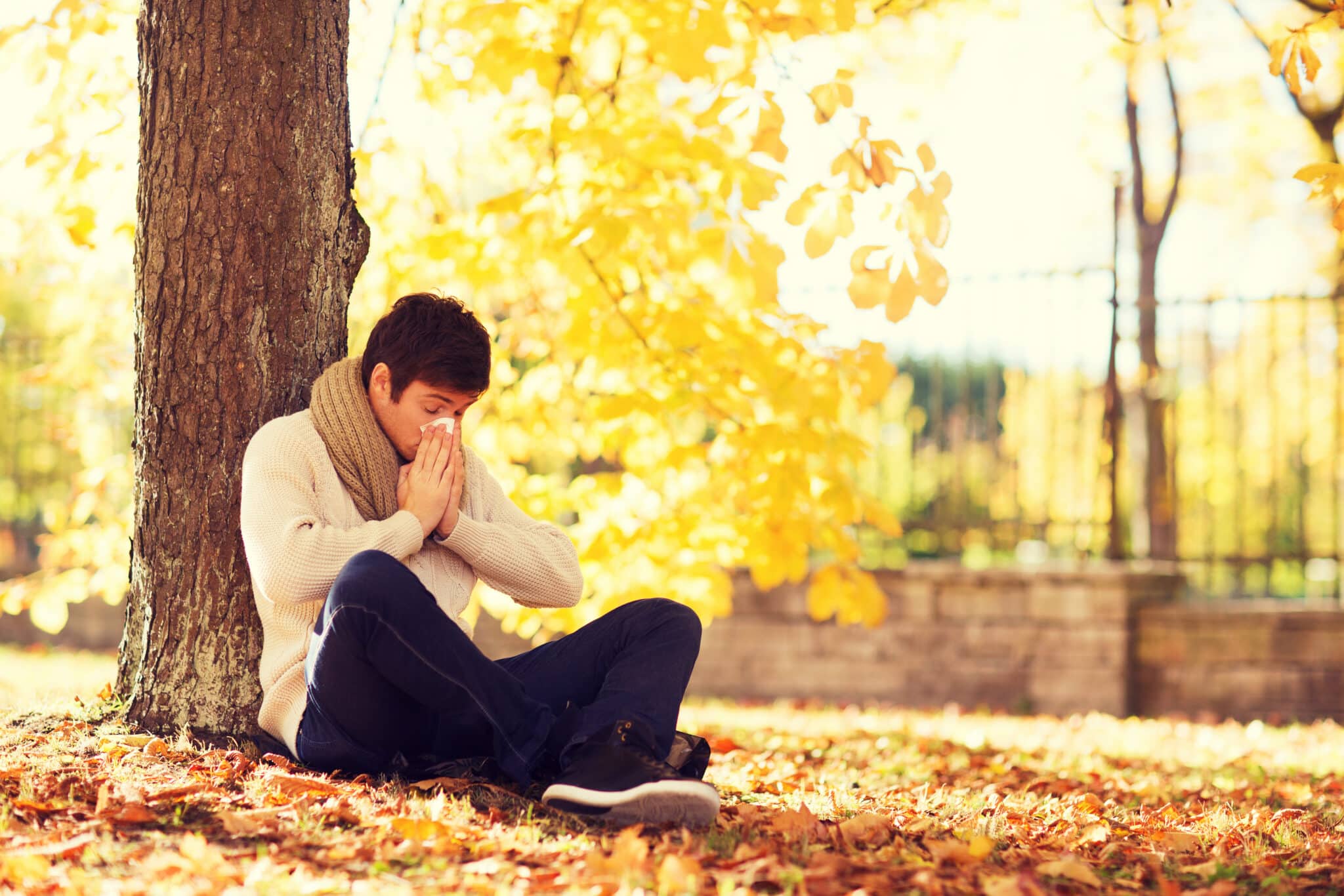Are you experiencing relentless sneezing, itchy eyes, and a runny nose this fall? If so, you’re not alone. For many allergy sufferers, the culprit behind these aggravating symptoms is often ragweed.
Understanding Ragweed: A Seasonal Allergy Menace
Ragweed is an unassuming flowering plant from the Asteraceae family. It’s a significant pollen source during the fall months, making it a major trigger for seasonal allergies. The lightweight pollen can travel through the air for miles, infiltrating our nasal passages and triggering allergic reactions.
Symptoms of ragweed often mirror those of hay fever. They may include sneezing, congestion, itchy or watery eyes, and throat irritation. If you find yourself experiencing these symptoms during the fall, ragweed might be the culprit.
Strategies for Alleviating Ragweed Allergies
Dealing with ragweed allergies can be challenging, but several strategies can alleviate your symptoms:
1. Stay Informed: Monitor local pollen forecasts. Limit outdoor activities, especially on windy days when this type of pollen is more likely to be airborne.
2. Allergy-Proof Your Home: Use high-efficiency particulate air (HEPA) filters in your home’s ventilation system. Regularly clean your home and avoid drying clothes or bedding outdoors during peak ragweed season.
3. Over-the-counter Solutions: Antihistamines, decongestants, and nasal corticosteroids can provide temporary relief. It is imperative to consult a healthcare professional before using any medication, especially if underlying health conditions are present.
4. Avoid Relying on Natural Remedies: Although saline nasal rinses, and herbal teas like chamomile and peppermint might offer temporary relief, it is not a permanent solution to completely relieving allergy symptoms. Also, the belief that ingesting local, raw honey as a method of desensitizing the body to local pollen has no current scientific basis. Always consult with a healthcare provider before trying any natural remedies.
5. Consider Allergy Testing and Immunotherapy: For a lasting solution, allergy testing and immunotherapy, commonly referred to as allergy shots, stand out as the most effective approach. These shots, administered under the guidance of a board-certified allergist and immunologist, can desensitize your immune system to ragweed allergens, significantly reducing your symptoms.
For those contemplating allergy testing and immunotherapy, seeking guidance from a reputable source is crucial. McGovern Asthma and Allergy Clinic in Houston, Texas, is staffed with board-certified allergists. They offer comprehensive allergy testing, personalized treatment plans, and allergy shots, providing a path to permanent relief.
Don’t let ragweed allergies disrupt your fall season. Take control of your symptoms with the guidance of professionals and reclaim your life from seasonal allergies. https://mcgovernallergy.com/

